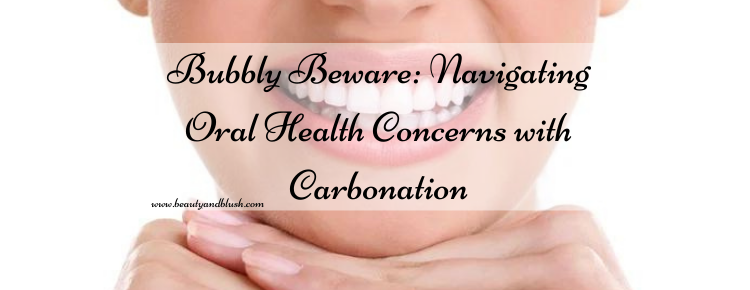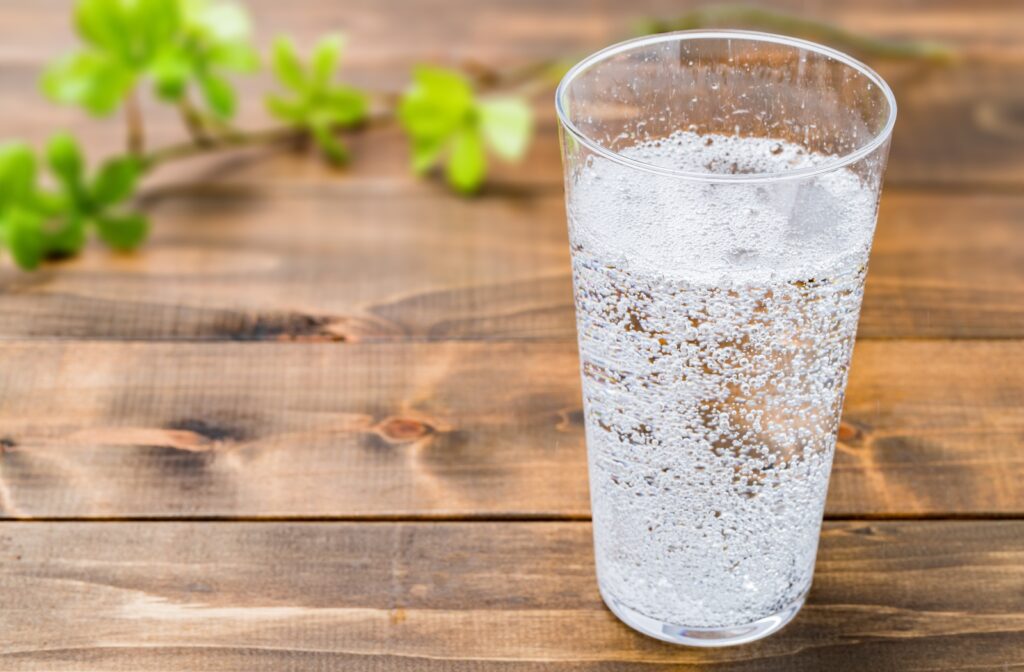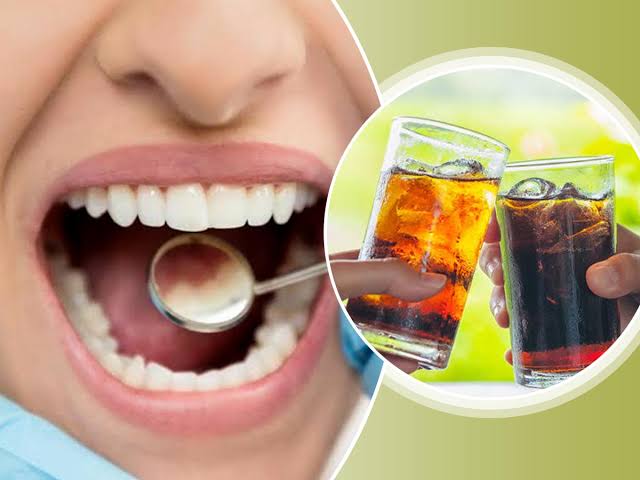Bubbly Beware: Navigating Oral Health Concerns with Carbonation
Hello Everyone,
Understanding Carbonation: The Oral Health Conundrum
Carbonated beverages, often enjoyed for their effervescence and refreshing taste, can present challenges to oral health. The carbonation process introduces carbon dioxide into the drink, creating a slightly acidic environment that can affect tooth enamel. Exploring the specific concerns associated with carbonated beverages is essential for maintaining optimal oral health.
Erosive Effects on Tooth Enamel
The acidity resulting from carbonation can erode the protective enamel of the teeth, making them more susceptible to decay and sensitivity. Prolonged and excessive consumption of carbonated drinks heightens this risk, potentially leading to long-term oral health issues. Understanding the erosive effects of carbonation on tooth enamel is crucial for individuals who frequently indulge in these beverages.
Preventive Measures at Dentist Office
The dentists at Lackawanna, NY,are well-aware of the adverse impacts of carbonated beverages on oral health. They emphasize preventive measures, urging patients to moderate their intake and follow strategies that can mitigate the risks.
They advocate for a proactive approach that includes regular dental check-ups, cleanings, and personalized advice on dental care routines. This local attention to detail ensures that the community is equipped with the knowledge and tools necessary for protecting their smiles against the erosive effects of their favorite fizzy drinks.
Sugar Content and Dental Risks
In addition to the acidic nature of carbonated drinks, many varieties are laden with sugars, compounding the risks to oral health. The combination of acidity and sugar creates an environment conducive to plaque formation and bacterial growth, posing a significant threat to dental well-being. Awareness of the sugar content in carbonated beverages is vital for making informed choices regarding their consumption.
Minimizing the Impact: Protective Measures
Despite the potential challenges posed by carbonated beverages, there are proactive measures individuals can take to safeguard their oral health. These include consuming carbonated drinks in moderation, using a straw to minimize direct contact with the teeth, and rinsing the mouth with water after consumption to help neutralize acidity and wash away residual sugars.
Preserving Enamel Integrity: Oral Hygiene Practices
Maintaining a robust oral hygiene routine is paramount for counteracting the effects of carbonation on tooth enamel. Regular brushing with fluoride toothpaste, flossing, and utilizing fluoride mouthwash can help fortify and protect the enamel, reducing the risk of erosion and decay. Combining these practices with conscious consumption of carbonated beverages can contribute to long-term oral health maintenance.
Alternative Beverage Choices: Supporting Dental Well-Being
Exploring alternative beverage options can offer a refreshing and tooth-friendly substitute for carbonated drinks. Unsweetened herbal teas, infused water, and milk-based beverages provide hydration without the erosive and sugary components, promoting better oral health while still satisfying the desire for a flavorful drink.
Professional Guidance and Preventive Care
Seeking guidance from dental professionals is essential for managing the potential oral health concerns associated with carbonated beverages. Dentists can provide personalized recommendations, conduct thorough examinations, and offer preventive treatments to mitigate the impact of carbonation on dental well-being, ensuring a proactive approach to oral care.
Community Education and Awareness
Raising awareness within the community about the implications of carbonated beverages on oral health can foster informed decision-making and encourage mindful consumption. Collaborative efforts with educational institutions, healthcare providers, and local organizations can promote dialogue and initiatives aimed at supporting dental well-being amidst the prevalence of carbonated drinks.
Conclusion
The relationship between carbonated beverages and oral health presents a nuanced challenge, but by understanding the erosive effects on tooth enamel, minimizing impact through protective measures and oral hygiene practices, exploring alternative beverage choices, seeking professional guidance, and promoting community awareness, individuals can navigate the concerns associated with carbonation while prioritizing their oral well-being.
A conscientious approach to consumption and proactive dental care are fundamental in preserving healthy smiles for years to come.



